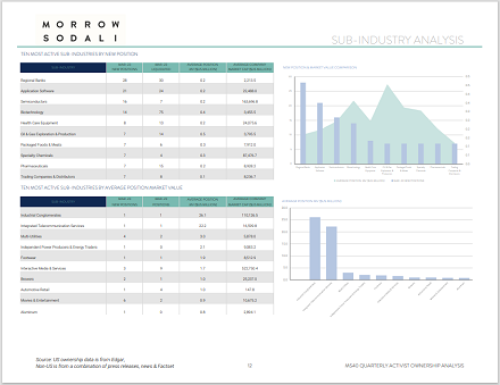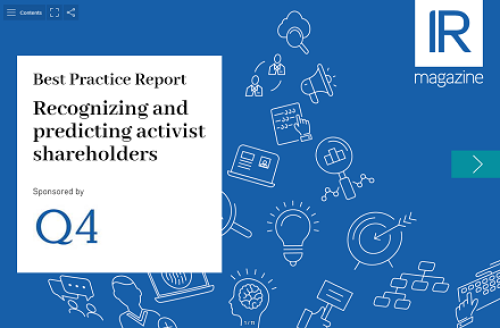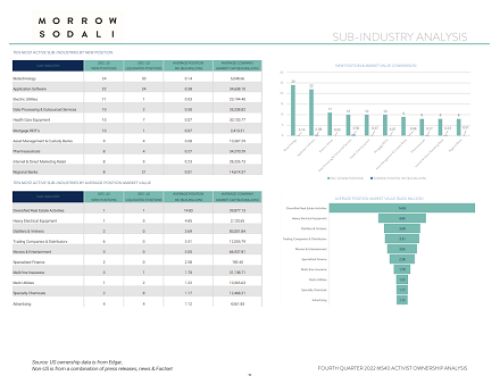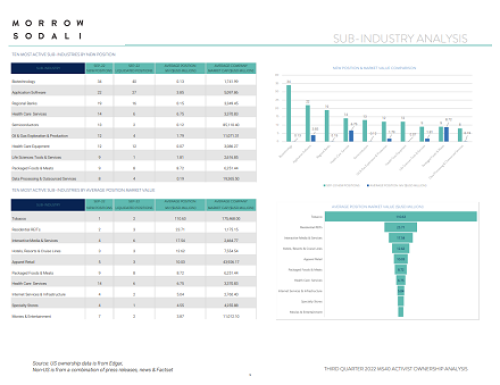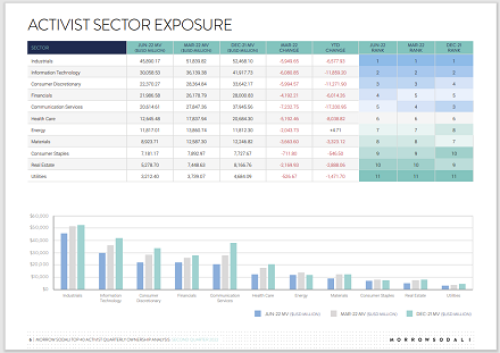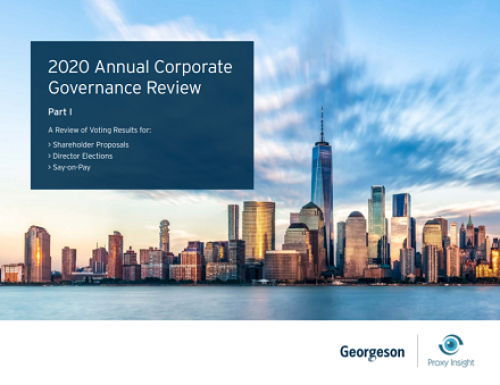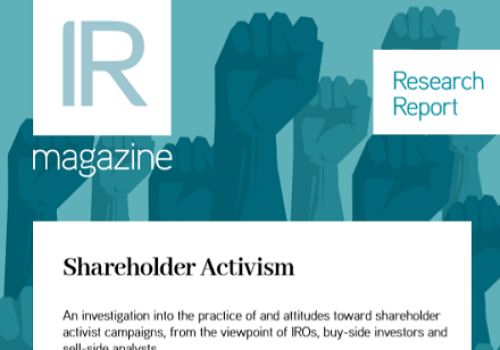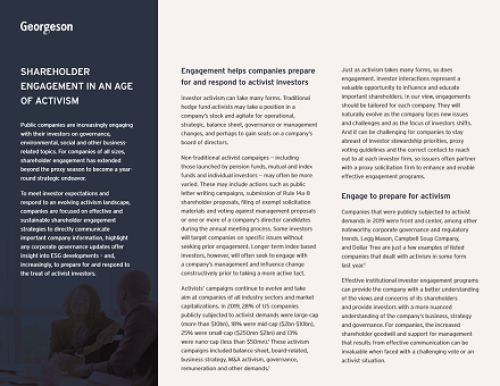Advice on handling activist interest as shareholder activism grows in Asia
Activist investors are an established force in the boardrooms of the West, but at Tulchan we are seeing an increasing number in Asia, both behind closed doors and voicing their opinions through the media. This is a trend we can expect to increase in the East, as activists start to exploit generally lower governance standards and tap the potential of boardrooms in Asia.
As Josh Black, editor of Activism Monthly Premium, says: ‘This year has been a very busy one in Asia – there have already been 28 instances [of activism] there, which is higher than in 2014 and more than double the number in 2013.’
We expect the trend of increasing levels of activism to continue in 2016 as investors hunt for returns in challenging markets. In Asia, it is our experience that companies can be quite closed to the media, often not developing strong relationships and channels of communication. A company engaged by an activist will come under intense media scrutiny, and without well-established media relationships, it is vulnerable and often without a share of voice, leaving the activist in a leading position to set the agenda.
Additionally, a company engaging in best practice investor relations will continually address stakeholder and investor issues proactively in an effort to pre-empt damage to corporate reputation as well as keep ahead of concerns and devise appropriate engagement strategies. Companies that are not engaging in this manner are vulnerable to being caught unprepared. Once an attack is in process, the pressure is on to respond quickly and, without preparation or deep stakeholder relationships, this can be challenging.
Today, a large part of the activist conversation takes place online, and while interest and activity is picking up, many companies in Asia are still not expert – or even regular – users of digital communications. Websites are often run by a third party and few companies have a presence on social media. Video is another often-overlooked medium in Asia, despite being a powerful way to build rapport with global investors as well as present arguments in a way that words alone cannot effectively convey.
Our advice is to always be prepared. By the time there is an activist on your register it is often already too late.
It is critical to maintain open channels of communications with key investors because their support will be critical in any public exchange. We advise our clients to regularly engage with the media on business strategy, so that it understands the company’s longer-term strategy and direction. In addition, it is important to nurture an online presence and reputation so a corporate has a platform to challenge any hostile ‘activist’ approach.
Spokespeople should also undergo media and presentation training to effectively handle media and external stakeholders in the event of an activist attack. It is imperative, however, that the company be fronted by a credible, confident and convincing face of the organization – usually the CEO – who can speak with authority on the business as well as numbers.
Handling activists
Be self-aware. Forewarned is forearmed: consider an independent perception study of stakeholder opinions so you know what people really think.
Get media and presentation training. This will ensure the company spokesperson is able to speak with confidence and authority in front of the media and other external stakeholders.
Keep communicating. Don’t let the activist dominate the conversation. Use the relationships you have with stakeholders to get your side across and be proactive with the media.
Stay in control of your message. Clearly and effectively articulate your strategy for sustainable long-term growth. Articulation of long-term strategy and goals will help you explain to shareholders how you are adapting to a changing environment. Make sure the board is also well informed.
Consider external support. There are experienced advisers who have helped companies when they are under attack from an activist. This can be a worthwhile investment.
Have a core team. Operations don’t stop just because you have an activist on the register. A core team will allow other management members to focus on running the business.
No one is immune. The big campaigns, such as Apple and P&G, are more likely to make the press but if the investor is persistent enough any business can find itself scrutinized publicly.
Angela Campbell-Noë is the senior partner of Tulchan Asia, part of Tulchan Group, an international financial communications agency


